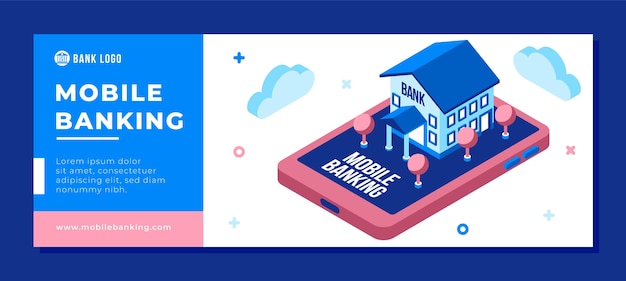Once you’ve taken out a mortgage on a house, you may start getting letters in your mailbox advertising Mortgage Protection Life Insurance (MPI). You’ll see alarming titles like "IMPORTANT NOTICE" or "MORTGAGE FREE HOME PROTECTION!" These are just scare tactics designed to make you think you need this type of insurance. If they’re trying this hard to sell it to you, the benefits might not be all that great.
So, what’s MPI all about? It’s an insurance policy that will pay off your remaining mortgage balance if you die. It’s often offered by your mortgage lender as an additional way to make money from you. When you get a mortgage, you’re already paying a bunch of fees. Adding MPI to the mix is another way for the bank or lender to earn more profit.
You can also get MPI from insurers who aren’t connected with your lender. Since many different companies offer this type of insurance, the specifics can vary quite a bit. If you want to compare different policies, you can check online with sites like PolicyGenius.
If you decide to get MPI, the coverage usually lasts for 15 or 30 years. The payout (or ‘death benefit’) can be structured in three ways:
-
Decreasing: The amount stays the same for a few years, then gradually decreases over the life of the policy. This mirrors how your mortgage balance decreases as you make payments. However, it might not completely pay off your mortgage if you die.
-
Mortgage Principal: The payout is tied to your outstanding mortgage balance. It behaves similarly to a decreasing benefit, but adjusts if you pay off your mortgage faster or slower than expected. This option ensures your exact mortgage liability gets paid off.
-
Level: The payout stays the same for the whole policy. This will cost more since the amount doesn’t decrease over time. It’s a good choice if you have an interest-only mortgage, or if you have a super low interest rate and don’t plan to pay extra on your principal.
Just remember, with MPI, the payout goes straight to your lender, not to any beneficiaries you might choose. If the payout happens to be more than your remaining mortgage, the lender keeps the extra. Not great, right? Also, some MPI policies only pay out if you die from an accident. If you die of natural causes, your MPI may not pay out at all.
And here’s the last catch – if you refinance your mortgage with a different lender or sell your house, you might lose your MPI and need to apply for a new one. The premiums will likely be higher, because they’re based on your age and health.
Instead of MPI, we recommend getting Term Life Insurance. It offers more flexibility, transparency, and it’s usually cheaper. The payout goes to beneficiaries of your choice, who can use the money however they want. Plus, the premiums are fixed and won’t spike unexpectedly.
If you’re in good health, Term Life is a better choice. You’ll get cheaper rates and can choose who gets the payout. However, if you have pre-existing medical conditions that make it hard to get traditional insurance, MPI may be a reasonable alternative.
Apart from MPI, there are a few other types of mortgage-related insurance policies you might consider:
- Mortgage Disability Insurance: Covers your mortgage payments if you become totally disabled.
- Mortgage Unemployment Insurance: Helps cover your payments if you lose your job.
- Private Mortgage Insurance (PMI): If your mortgage is more than 80% of your home’s value, your lender might require this. It protects the lender if you fail to make payments.
So, when might you consider MPI? If you can’t get an affordable Term Life policy due to health issues, MPI could be a good backup plan. Or if you’ve just taken out a large mortgage and you want to make sure it gets paid off even if something happens to you.
In the end, the best way to get competitive insurance quotes is online. Check out sites like PolicyGenius to compare different policies and find the best fit for you.
